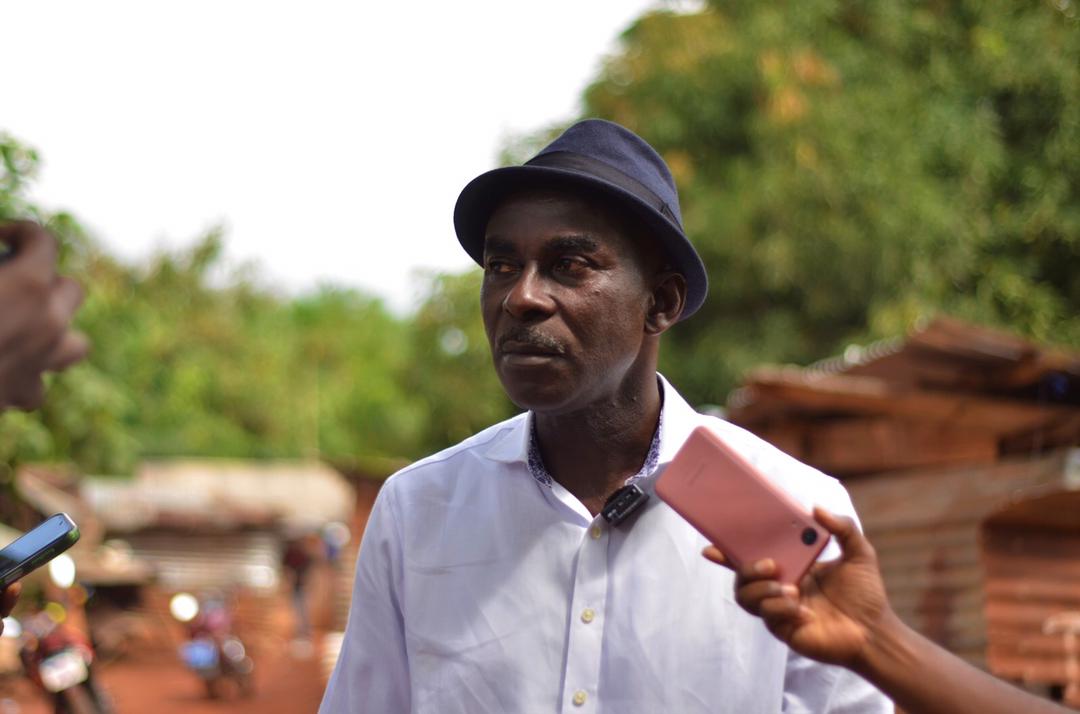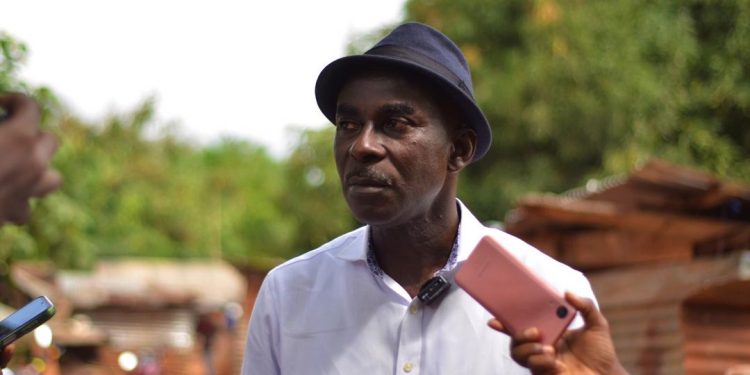
Ghana’s mining industry is employing more people from host communities than ever before, with nearly 42% of workers at some mining companies now coming directly from local areas.
That is according to the Acting Chief Executive of the Ghana Chamber of Mines, Ahmed Dasana Nantogmah.
Speaking on JoyNews’ PM Express Business Edition on Thursday, May 22, Nantogmah made a strong case for the sector’s commitment to what he called “local-local” employment—people from the immediate mining communities, not just Ghanaians in general.
“Mining companies do their best with local employment, what we call local-local employment,” he said.
“Once you are from the local community—Ahafo, Kenyasi, Hwidiem and the like—then you are considered local-local.”
He revealed that some of the major mining firms, including Newmont, employ between 40% to 45% of their workforce from these communities.
“Even the employees within the company itself—about 42% are Ghanaians, local people,” he stressed.
Mr Nantogmah explained that it is not just about giving jobs, but also about building skills.
[embedded content]“Sometimes they even have to train the people. They take them through apprenticeships. And once you are qualified, they employ those they can,” he said.
“Those who are not employable by the company are given certificates of competency so they can go out and look for jobs.”
Responding to a question by host George Wiafe about whether companies are required to hire a certain percentage of residents if they are qualified, Mr Nantogmah confirmed there is indeed a policy direction guiding that practice. But he cautioned against extreme interpretations.
“You can’t say that every employee, 100%, should come from the local community,” he argued.
“Otherwise, people in Accra will also say the same—that I’m a Ga and only Gas should be employed. That also doesn’t set a good precedent.”
Still, he was clear that empowering local people is a deliberate and ongoing effort by the mining firms.
“Every mining company employs citizens. There’s no way you can work in the community without employing people,” he said.
Beyond jobs within the mines, local residents are also awarded a range of service contracts.
“Haulage, catering, security—all kinds of things are given to locals just to empower them,” Mr Nantogmah added.
“There’s a deliberate policy to bring the mines to local communities, and that’s what is being done.”
He acknowledged that in the early days of mining in Ghana, host communities lacked the necessary skills.
“Gone were the days when mining started, and people were not mining-oriented. We didn’t have the capacity or human resources,” he said.
“But now we do. A lot of people can work on the mines, and a majority of them come from the local community.”
DISCLAIMER: The Views, Comments, Opinions, Contributions and Statements made by Readers and Contributors on this platform do not necessarily represent the views or policy of Multimedia Group Limited.
DISCLAIMER: The Views, Comments, Opinions, Contributions and Statements made by Readers and Contributors on this platform do not necessarily represent the views or policy of Multimedia Group Limited.
- President Commissions 36.5 Million Dollars Hospital In The Tain District
- You Will Not Go Free For Killing An Hard Working MP – Akufo-Addo To MP’s Killer
- I Will Lead You To Victory – Ato Forson Assures NDC Supporters
Visit Our Social Media for More




